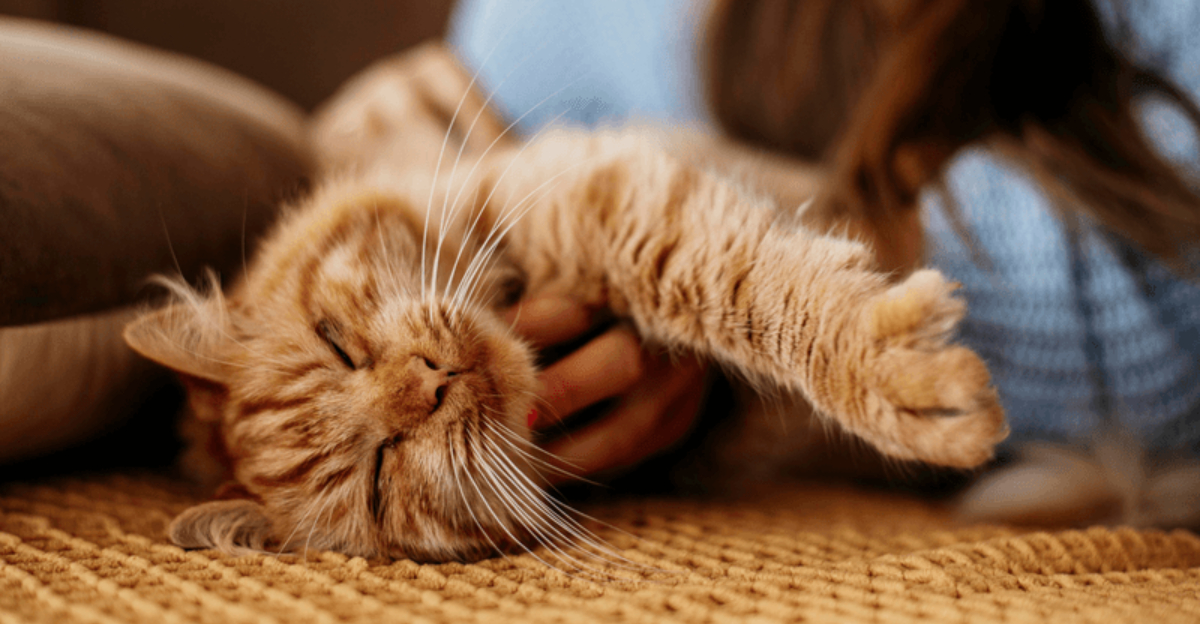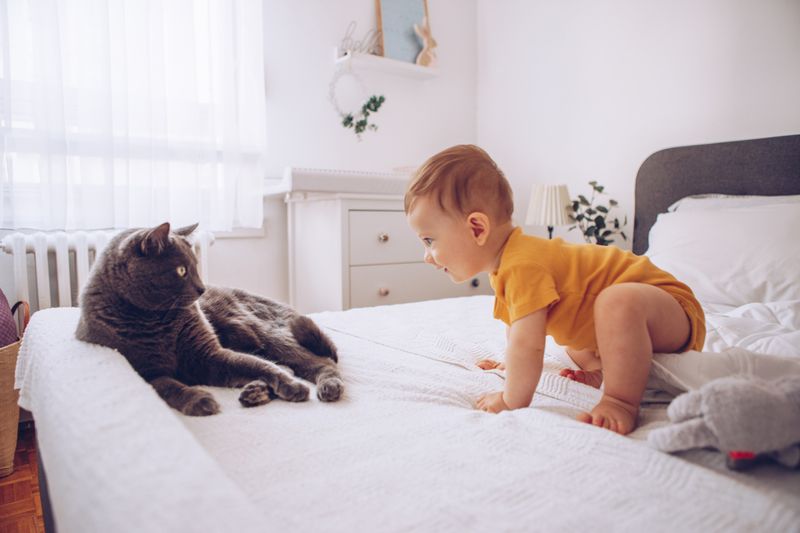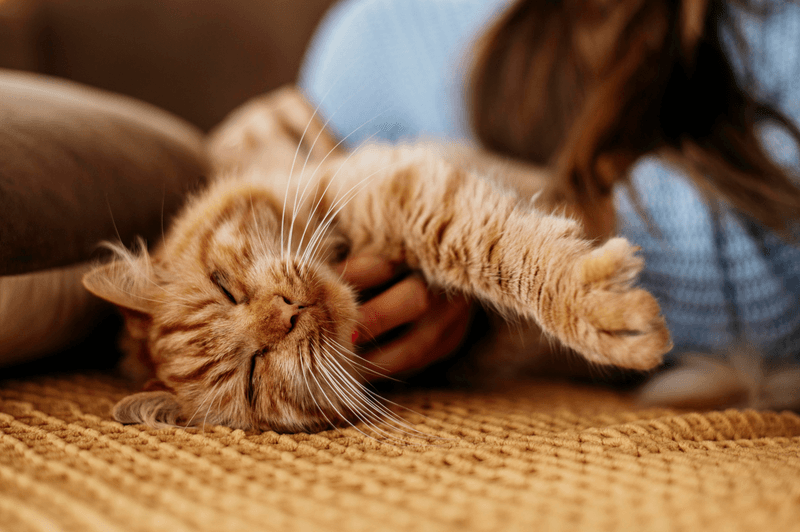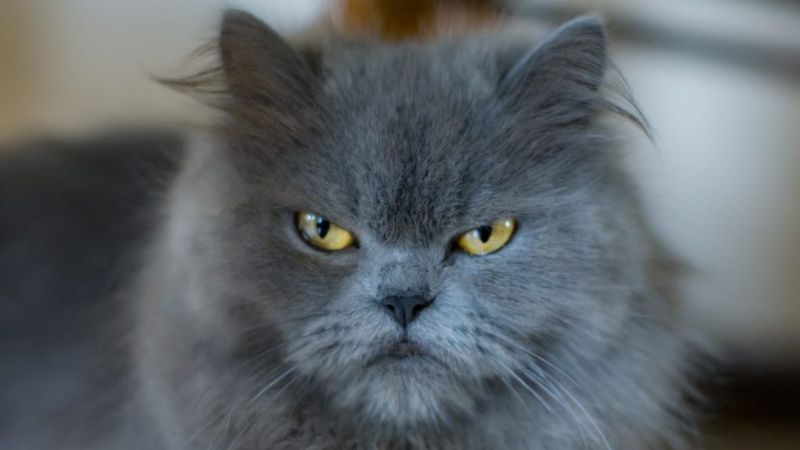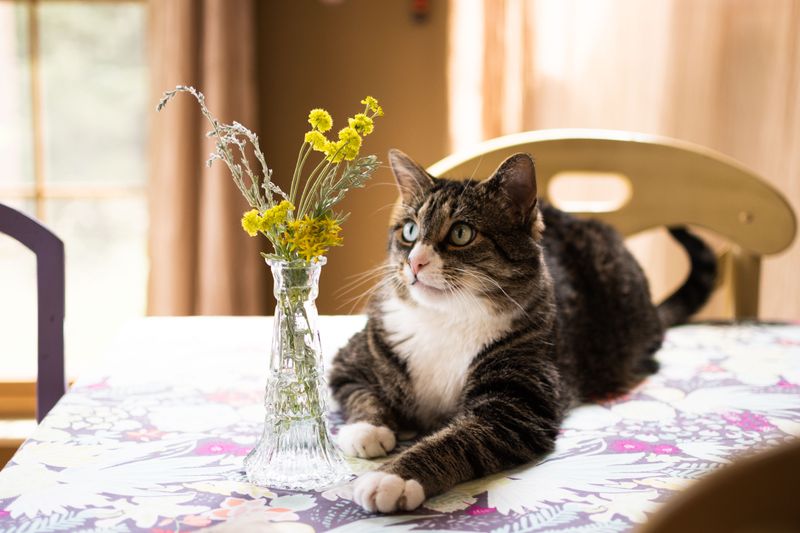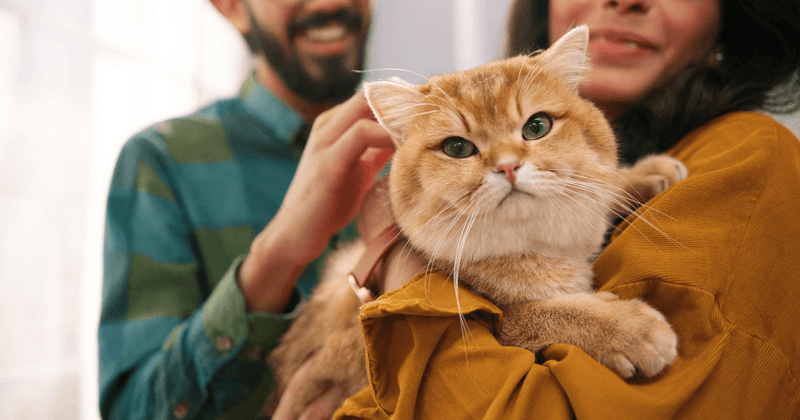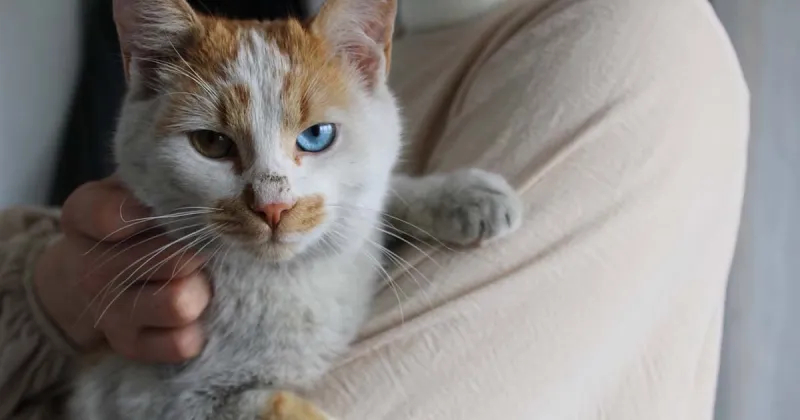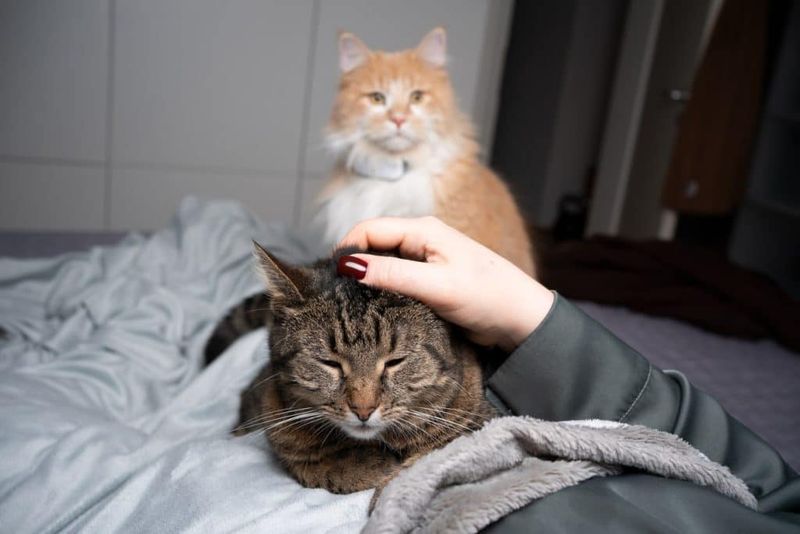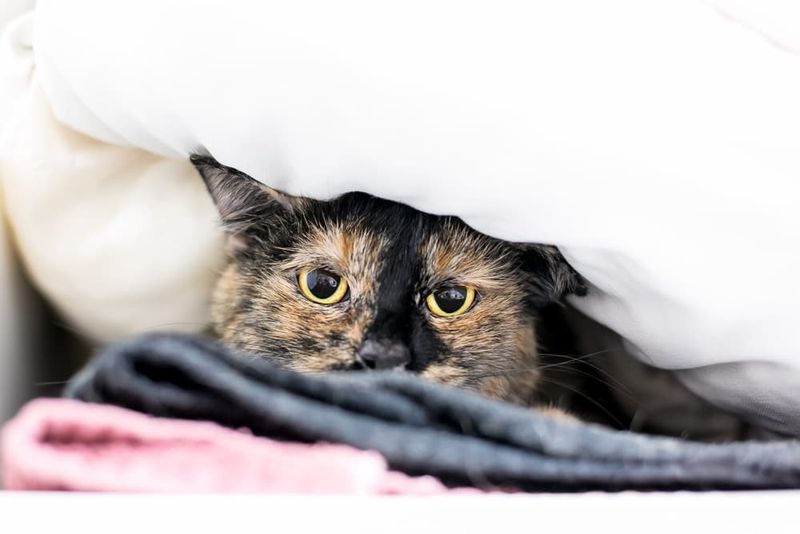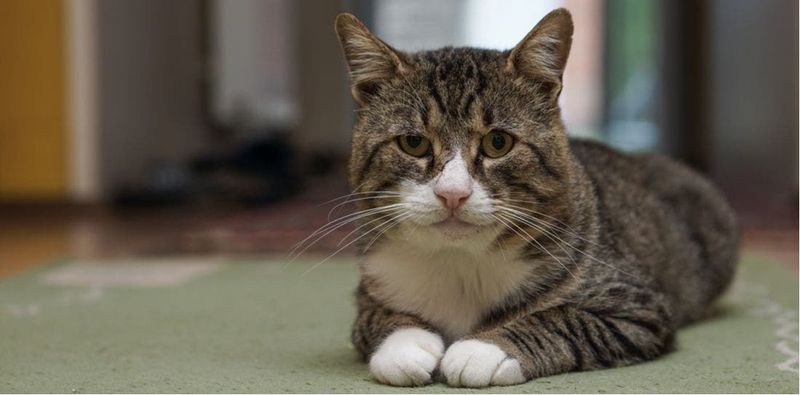📖 Table of Content:
Cats are known for their independent nature, often content to spend time alone or in quiet observation. However, there are times when even the most aloof cats become unusually clingy. This shift in behavior may point to a deeper emotion, like jealousy, that’s influencing their actions.
When a cat starts following its owner everywhere or seeking constant affection, it’s not necessarily a sign of increased attachment. Instead, it may be their way of expressing insecurity or competition for attention. Understanding why your cat is suddenly becoming overly clingy can help address the underlying issue and restore balance.
Jealousy can stem from a variety of factors, such as the introduction of a new pet or a change in your daily routine. By recognizing the signs of feline jealousy and taking proactive steps, it’s possible to reassure your cat and help them feel more secure in their environment.
1. New Family Member
Cats are creatures of habit, and a new family member can throw them off balance. The arrival of a newborn or a new pet can make your feline feel like they are no longer the center of attention.
They might start seeking more cuddles or acting out to reclaim their territory. Ensuring your cat feels included and adored can help mitigate their jealousy and restore their sense of security.
2. Routine Changes
Routine is essential for cats, and when their schedule is disrupted, they can feel anxious. Simple alterations, like adjusting mealtime or your work hours, might lead to more clingy behavior.
Your cat may start following you around, seeking reassurance in an unpredictable world. Consistency in daily activities can calm their nerves and ease their jealous tendencies.
3. Lack of Attention
When life gets hectic, and your cat’s usual playtime or cuddles are neglected, they may resort to being clingy.
They miss the affection and engagement they are used to, prompting them to shadow your every move as a reminder. Balancing your time and ensuring your cat receives dedicated attention can keep jealousy at bay.
4. New Smells
With their strong sense of smell, cats are quick to detect unfamiliar odors. Whether it’s a new perfume or the scent of another cat on your belongings, it can cause jealousy and make your cat feel uneasy.
They may become more clingy as they try to understand the unfamiliar aromas that disrupt their territory. Introducing scents gradually and offering familiar items can help your cat feel secure.
5. Visitors in the House
Unexpected guests can make your cat feel threatened and insecure. They might perceive the visitors as intruders, disrupting their serene environment. Clingy behavior may emerge as your cat seeks comfort and assurance from you.
Creating a safe space for your cat to retreat and gradually introducing them to new people can alleviate their anxiety and jealousy.
6. Changes in Affection
If your time and affection shift towards another pet or person, your cat will notice. They can exhibit jealous behavior by becoming clingy or even acting out.
Cats are highly observant and sensitive to changes, especially those affecting their bond with you. Balancing affection and ensuring your cat feels loved can reduce their insecurity and jealousy.
7. Territorial Insecurity
Being territorial by nature, cats can become insecure when their space is disrupted. Whether it’s the arrival of another animal or a new arrangement of furniture, they may start following you for reassurance.
They need to re-establish their territory and feel secure in their environment. Providing personal spaces and maintaining familiar settings can help them adjust and feel less threatened.
8. Health Concerns
Sometimes, clingy behavior can indicate health issues. If your cat feels unwell or is in pain, they may seek comfort and security from you. Observing other signs of discomfort or unusual behavior alongside clinginess is essential.
A vet check-up can rule out medical concerns and ensure your cat’s well-being, addressing any underlying issues causing their clinginess.
9. Stress from the Environment
Environmental stressors like loud noises or changes in the household can make your cat anxious. They might become clingy, seeking refuge in your presence for safety.
Their usually calm demeanor can shift, and they rely on you to navigate through the chaos. Reducing stressors and providing a calm environment can help your cat feel secure and less clingy.
10. Age-Related Changes
As cats age, they may become more dependent and seek companionship more than before. Age-related changes can make them clingy, as they seek comfort and familiarity.
Understanding their needs and providing a supportive environment can ease their aging journey. Offering gentle care and attention can help your cat feel loved and secure, reducing feelings of jealousy.
